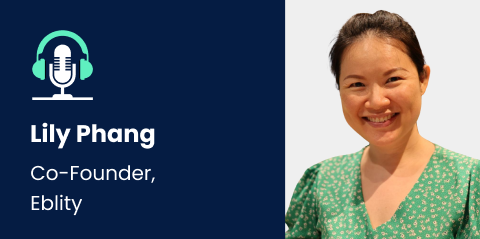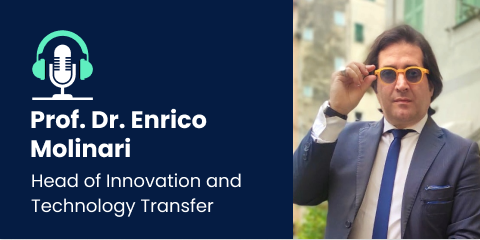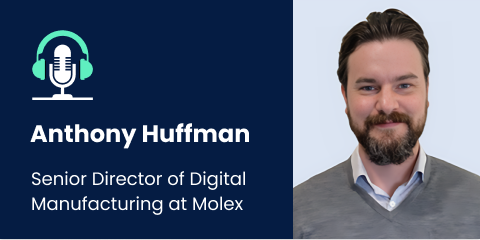Gil Bashe, the Chair of Global Health and Purpose at FINN Partners, has dedicated his career to advancing health innovation. From his roots as a combat medic in an elite paratrooper unit to his role as a C-Suite counselor, Gil sees communication as the essential link connecting health professionals and advocates globally.
Podcast Insights:
- The health ecosystem experiences fragmentation among mammoth sectors, including people, payers, innovators, policymakers, and providers. CEOs in the health sector often lack understanding of each other’s business models, hindering collaborative efforts.
- People also face challenges understanding their health plans, leading to changes in doctors and medications every three to five years. Moreover, the complexity of health insurance systems leaves individuals needing to be more knowledgeable about costs and coverage.
- EMRs contain duplicative information (51%), making navigating difficult for health professionals. Chat GPT and AI are crucial in making health information more accessible and user-friendly.
- Information is viewed as a crucial catalyst for medical innovation, technology development, and adequate healthcare team collaboration.
- Physicians receive minimal technology training in medical school, lacking comprehensive courses on digital health tools, technologies, and electronic medical records (EMRs). Multiple systems with varying terminologies are created continuously, contributing to communication challenges among healthcare professionals and sectors.
- Currently, there needs to be more standardization due to the absence of a unified global framework for health information. Rise in medical specialization leads to doctors focusing on specific body parts, potentially overlooking holistic patient care and pattern recognition.
- A positive example of patient empowerment through self-diagnosis using online resources like Google. This also highlights the challenges for patients lacking the background to effectively navigate and become partners in their healthcare.
- Information remains the constant game changer in healthcare. The democratization of information is a subject of debate. However, it’s crucial to recognize that for all stakeholders involved in managing individual or public health, the key challenge is ensuring credible, accessible, and actionable information.
- I want to emphasize the ongoing COVID-19 pandemic as a pivotal period. This phase is marked by a significant shift—from information anxiety to information exhaustion, especially regarding COVID-related topics. The fatigue stemming from an information overload underscores the need for clear communication, particularly during prolonged health crises.
- Amidst the challenges posed by COVID-19, understanding the virus’s extent, severity, and available preventive measures has been complex. Initially, we communicated that masks weren’t deemed necessary, only for the narrative to shift to their urgent requirement. Subsequently, discussions revolved around vaccination doubting its effectiveness. However, the reality is that these vaccinations serve as tools to mitigate and reduce the virus’s severity rather than preventing its contraction outright.
- In the realm of health information, it’s imperative to sustain an ongoing conversation and address the darker consequences of misinformation.
- The role of AI and chat GPT in preventive and interventional care is crucial. These technologies have the potential to assist us immensely in sifting through vast amounts of information to draw meaningful conclusions.
- While there is understandable anxiety surrounding using chat GPT and AI, it’s essential to recognize that there is no turning back. Instead, our focus should be on perfecting these technologies.
- The synthesis of information at such a complex level is a critical factor in preventing and addressing future epidemics. Leveraging AI and chat GPT for information synthesis is vital for staying ahead of potential health crises.
- We urgently need to fix our disjointed health system by connecting patients, payers, product innovators, policymakers, and providers. To address this, we should focus on creating tools that enable seamless information flow among providers and payers.
- The increasing recognition of these problems, thanks to discussions like this, is a positive sign. Investments in solutions are rising, and healthcare professionals are speaking up against the obstacles posed by the fragmented system. I anticipate major players like Apple, Microsoft, Google, and government agencies will step in to address these issues.
- We might also witness integrated companies streamlining processes to reduce costs. In the next three to five years, I predict a shift towards more significant players entering the scene to streamline the system, with a growing awareness that the current trajectory is unsustainable.
Recent Podcasts
Duration: 31 minutes
Miss Lily Phang is the Co-founder of Ebility and Homage. Ebility is a global platform dedicated to empowering children with...
Play EpisodeDuration: 31 minutes 10 seconds
Prof. Dr. Enrico Molinari is head of innovation & technologies transfer and marketing game changer with finserv & capital market...
Play EpisodeDuration: 21 minutes 17 seconds
With over 19 years of manufacturing transformation experience in Electronic Solutions, Medical Devices, Aerospace, and Defense industries, Tony leads digital...
Play Episode

